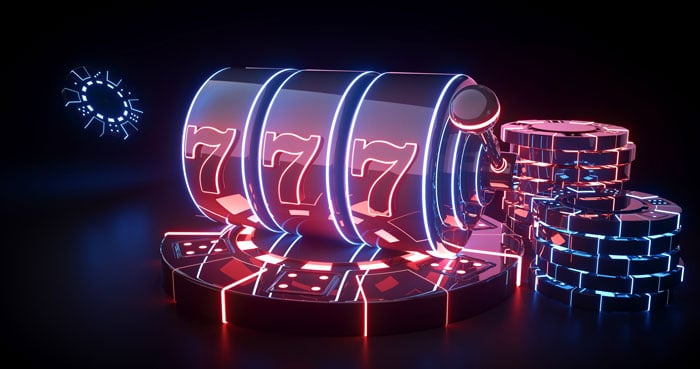
A slot is a casino game in which players can insert cash or a paper ticket into a machine and spin a wheel to win credits. These credits can be redeemed for real money at a live or online casino. The symbols that appear on the reels are programmed to pay out according to a pay table. The pay tables are typically located on the front or side of the machine, and may also include information about bonus features.
The Payout Percentage
In most states, slot games are regulated by law and must be operated by a licensed operator. They are also subject to regulations regarding minimum bets and maximum payouts. These laws vary between jurisdictions, but they are usually relatively consistent across the country.
Return to Player percentages (RTP) are the most important factor when choosing a slot machine. These are based on a game’s RNG (random number generator) software, which determines how many winning combinations will appear and which ones will not. They are calibrated to hit a target percentage before any spins take place, and are tested millions of times.
The Payout Line
Every slot machine has a paytable that lists the symbols and how many credits you can win by matching them. This list varies by type of machine. Older machines have a traditional paytable that is displayed above the spinning wheels, while modern video slots have a help menu that can be accessed from a touchscreen.
Symbols
The symbols on the reels of a slot game vary from one game to another, but generally follow a theme, such as a particular aesthetic or location. They may also have special effects, such as a sound effect or animation. Theme-based features are common in video slots, while older machines typically have fewer bonus rounds and more basic graphics.
Symbol Probability
The probability of winning a slot machine is not as high as some people believe. This is due to microprocessors and electronic systems that are now widely used in modern slots. The computers inside the machines assign a different probability to each symbol, so that winning and losing symbols are not evenly spaced on the reels. This makes it more difficult to predict the outcome of a slot, and can lead to big wins, but can also cause losses in the long term.
Frequently Asked Questions
Some common questions about slot machine paybacks are what are the odds of winning, how do they work, and how to find the best slots for your bankroll. The answers to these questions are complicated, but there are some basics that everyone should know.
When playing a slot, it is recommended to limit your bets and play a smaller number of spins. This will give you more time to analyze the outcomes of each spin and will help you avoid over-bets or under-bets, which can reduce your chances of hitting a big prize.
If you are new to slot, it is always a good idea to try your hand at a demo game before depositing any money. This will allow you to get an idea of what the game is like and whether you enjoy it enough to put down your own cash. Most online casinos offer free slot games, so you can test them out without risking any real cash. These games are designed to be fun, and many also have features such as bonus rounds and progressive jackpots.
